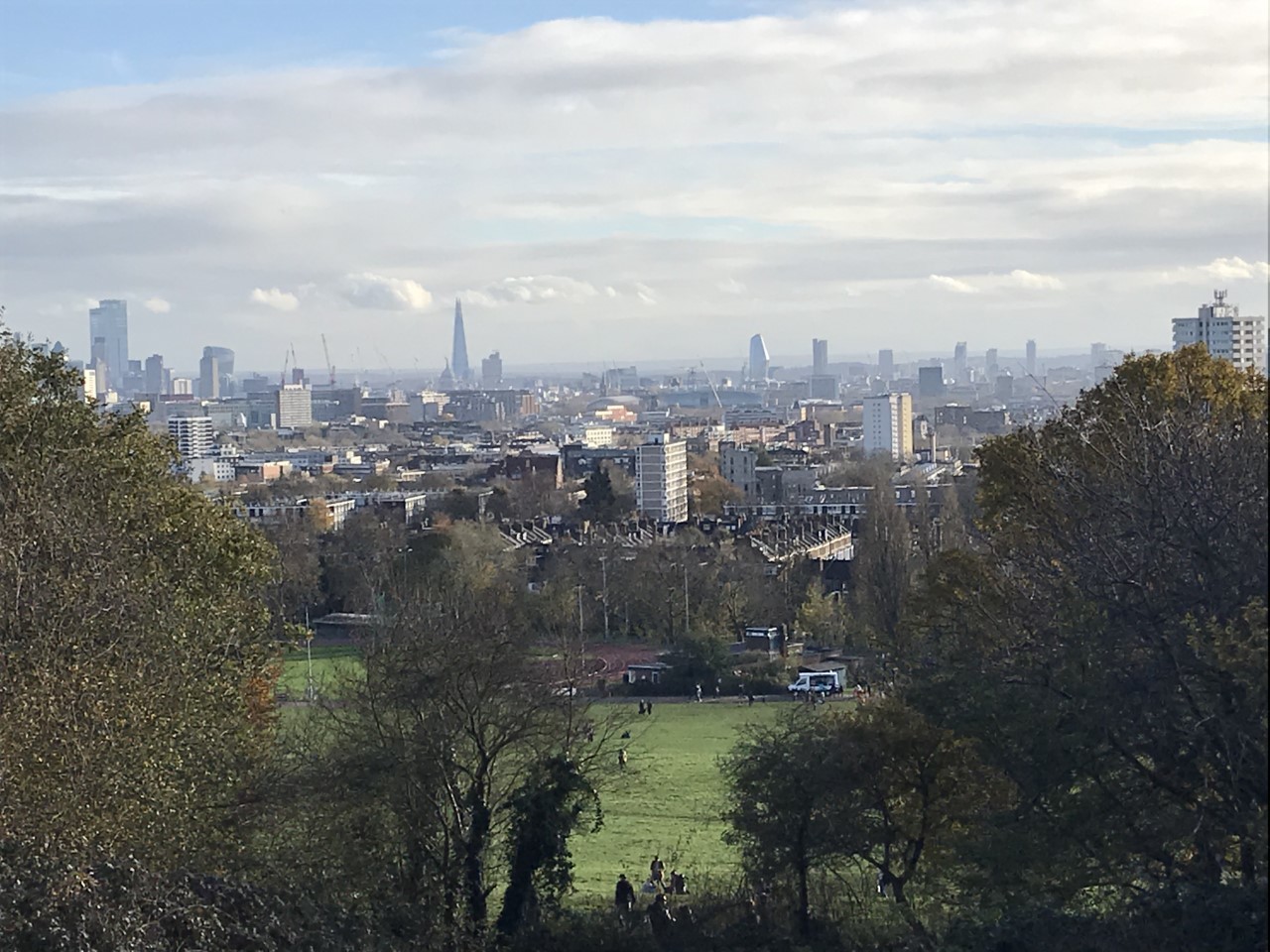Gordon Hempton The Spokesman for Silence
People climb to the top of Hampstead Heath to see London emerging from the treetops.
But the most comforting experience is undoubtedly the total immersion in nature that one feels in the ponds, in the oak and beech forests and in the meadows where up to 650 species of wild plants grow.
We are in the British capital's first "Park of Silence", an oasis of quiet a stone's throw from the hustle and bustle of Camden.
The recognition will be official this Sunday, July 18, coinciding with World Listening Day, a day to celebrate natural sounds and extend our acoustic horizons, beyond the motorized roar that characterizes our cities.
The idea of Quiet Parks International emerged two years ago, promoted by the American acoustic ecologist Gordon Hempton, in search of spaces where it is still possible to hear the "natural silence".
The first spot chosen was the Zabalo River, in the province of Esmeraldas and in the middle of the Ecuadorian Amazon,
with the blessing of the Cotán community.
The sudden urban stillness that arose during the confinement gave a new impetus to the project, now focused on the creation of havens of silence and calm in the cities.
The first "Park of Silence" recognized within an urban environment in 2020 was in Yangmingshan, on the outskirts of Taipeh and with the backing of the Government of Taiwan.
Hampstead Heath is so far the first in all of Europe,
although there are four that will achieve certification in September in Stockholm (Judarskogen, Hansta, Älsvjöskogen and Kyrkhamn) and another in Belgium, at the confluence of the Dender and Marke rivers.
The wildest section of Central Park in New York (The Rambles or Las Caminatas) and the Armand Bayou reserve in Houston will also achieve the distinction in 2021.
In Spain, several urban parks and natural spaces have shown their interest in joining the initiative.
Thus, in Catalonia an initiative has arisen to achieve the distinction to the Montnegre Park.
An oasis of 320 hectares
Official recognition is an "award" awarded by the Swedish-based organization.
Its CEO, Ulf Bohman, sums up the requirements as follows:
"In an urban park, complete natural silence is impossible,
but there can be specific places where natural sounds are in the foreground and city noise is in the background, or points where one can feel total immersion in nature, with no human structures in sight. "
These two requirements are more than met in Hampstead Heath, the labyrinthine and mountainous "wasteland" of North West London, spread over 320 hectares, with its old and new forests, the succession of ponds (three of them suitable for bathers ) and unparalleled views of the city from Parliament Hill (protected by law).
Plus the possibility of spotting a long hundred species of birds and
jogging with
moles, hedgehogs, foxes and even muntjac deer.
View of London from the park CARLOS FRESNEDA
The Heath, as it is popularly known, is the third largest park in this true garden city that is London (it is estimated that 47% of the metropolitan area is green).
Only Richmond, south of the Thames, can compete for its vast expanse, for its wildlife,
and for that feeling of truly being in the woods. Hyde Park or Regents Park are "younger" brothers in short distances.
Despite the undeniable merits of this space, curiously managed by the City of London Corporation, field measurements were required by an acoustic ecologist, Nicholas Allan, who has not hesitated to certify:
"My assessment of the Heath has shown that it provides a important experience of immersion in a natural environment
and isolation within the city, with levels of calm that can be expected in an urban Park of Silence ".
The distinction coincides with the 150th anniversary of the Hampstead Heath Act of 1871 which saw the preservation of this authentic urban paradise, eventually extended to Golders Hill and furrowed by brand-new mansions along Spaniards Road. ).
Quiet Parks International has simultaneously recognized the work in the United Kingdom of the Noise Abatement Society (NAS), the organization that has been fighting for noise "reduction" since 1959, founded by John Connell and a pioneer in Europe in the field of acoustic ecology. .
According to the criteria of The Trust Project
Know more
Science and Health
science
Environment
Environment The new Ebro Hydrological Plan is committed to sustainability and environmental challenges
Controversial campaign Environmentalists criticize Sánchez for his praise of the steak: "It's irresponsible"
Climate crisis No region of the planet is safe from extreme heat
See links of interest
Last News
Gay from Liebana
Work calendar
Home THE WORLD TODAY
Master Investigation Journalism
Tokyo 2020
Tour de France: stage 20, live: Libourne - Saint Emilion Time Trial

